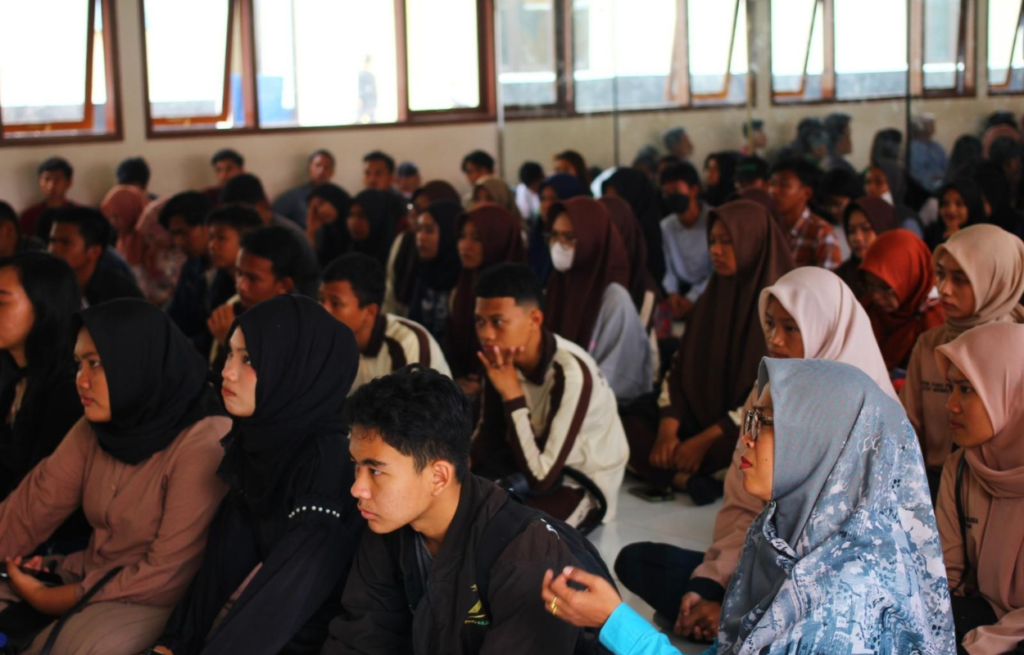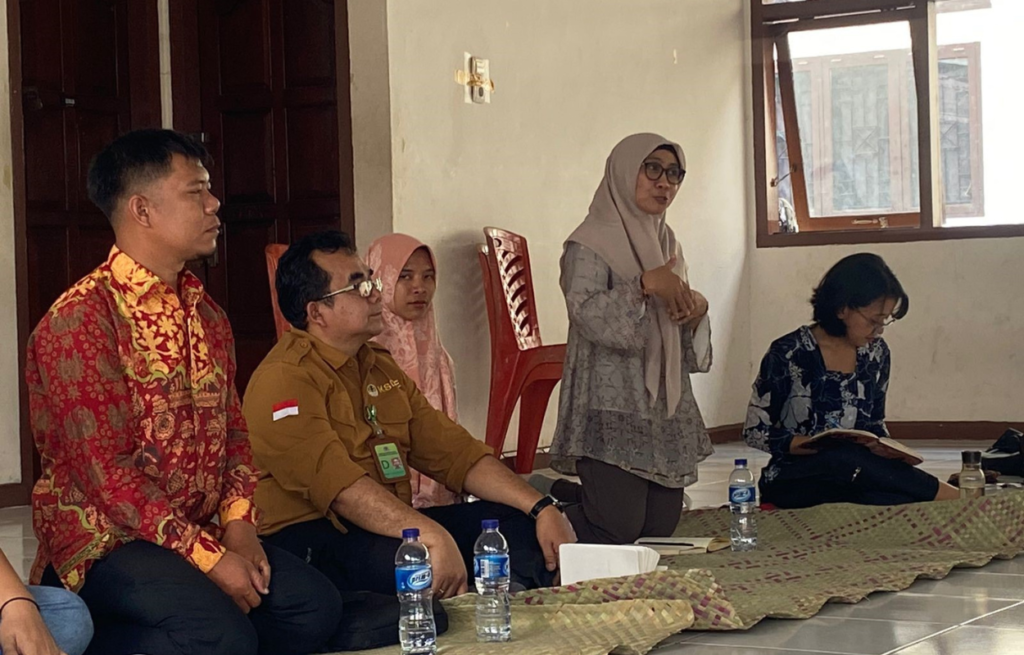
Inclusiveness of Indigenous Peoples in the Midst of Change
Celebrating Indigenous Peoples Day every August is a momentum for Pundi Sumatra to get involved with Indonesian Photo Reporters (PFI) Jambi to hold a Photojournalism Exhibition with the title "Indigenous Communities in the Midst of Climate Change."
The Photojournalism Exhibition held by PFI Jambi was held for three consecutive days, displaying a collection of photographs of indigenous peoples in Jambi Province over a period of more than ten years. This exhibition shows visually how the four traditional communities of Jambi are struggling amidst climate change. The four indigenous communities in question are Orang Rimba, Talang Mamak, Batin Sembilan, and Duano.
The event which took place at the Jambi Cultural Park opened on Friday evening (25/08) by featuring the Bedeti Dance as one of the opening dances. Mak Nur and four other dancers again performed this traditional dance in front of the Jambi Regional Police Chief, the Head of the Jambi Tourism Service, as well as spectators from various circles who were present at the Arena Theater Building.

Jambi Regional Police Chief Inspector General Rusdi Hartono stated that recognition of the existence of the SAD community in every aspect is very important. According to him, this gesture of recognition is a concrete manifestation of the police's commitment to cultural diversity and historical heritage.
"There are already some of these indigenous people who we have appointed as members (of the jungle police)," he said.
Apart from having the opportunity to perform the Bedeti Dance which is a prayer and bathing procession for babies, through the support of the ESTUNGKARA Program, Pundi Sumatra participated in an Inclusion Seminar session with the theme Encouraging Inclusivity of Indigenous Communities for the Future (26/08). Together with other sources, the CEO of Pundi Sumatra, Dewi Yunita Widiarti said that empowerment does not distance them from customs and traditions, it actually strengthens them to be more independent. The initial activity that Pundi Sumatra carried out in assisting the Anak Dalam Tribe (SAD) community was to assist with the management of population administration and basic services that must be met, such as education, health and economic strengthening.

"This is their right that the state must give. This does not mean distancing them from their identity and cultural roots," he said. Pundi Sumatra in the empowerment program supported by the Partnership seeks to create conditions that include (invite) their involvement in all aspects.
A small example of the inclusivity that Pundi Sumatra wants to create is by inviting friends from the assisted SAD communities, namely from Pematang Jumat Village - Sarolangun Regency and Dwi Karya Bakti Village - Bungo Regency. They attended and joined seminar participants who came from various schools and colleges in Jambi City.
Together with other speakers, Juliana was present and gave answers to the seminar's theme. She boldly introduced herself as a woman from the SAD community who studied at a university in Jambi City.
“I went to college to change our fate. "Now the forest is not like before, it gave us everything," said Juliana. He is a clear example of the existence of SAD in the midst of forest conditions that no longer support life. Although these traditional communities have long been known as guardians of crucial ecosystems, changes in climate and spatial planning require them to be able to survive and adapt among community groups. For this reason, educational services are something that Pundi Sumatra always encourages.

"Education does not make them forget their culture, but gives them the basic provisions to be able to survive and compete in society," said Dewi. In line with this, the Head of the Bukit Duabelas National Park Office, Junaedi, also mentioned that recognizing local wisdom is part of combining technology and culture to answer the challenges of climate change.
Everyone agrees that there needs to be cross-sectoral efforts and high attention to various traditional communities, including the Anak Dalam Tribe in Jambi Province. If this is not paid attention to, the SAD community will become the group most vulnerable to the impact. According to KKI WARSI Project Officer, Jaiharul Maknun, explained that climate change has caused the spread of several diseases that are difficult for the group to overcome, including malaria, dengue fever, tuberculosis and hepatitis.
"The forest can no longer provide life, because of the entry of companies into the Orang Rimba traditional areas," said Mijak, one of the representatives of the Anak Dalam Tribe who was a resource person at the seminar.
